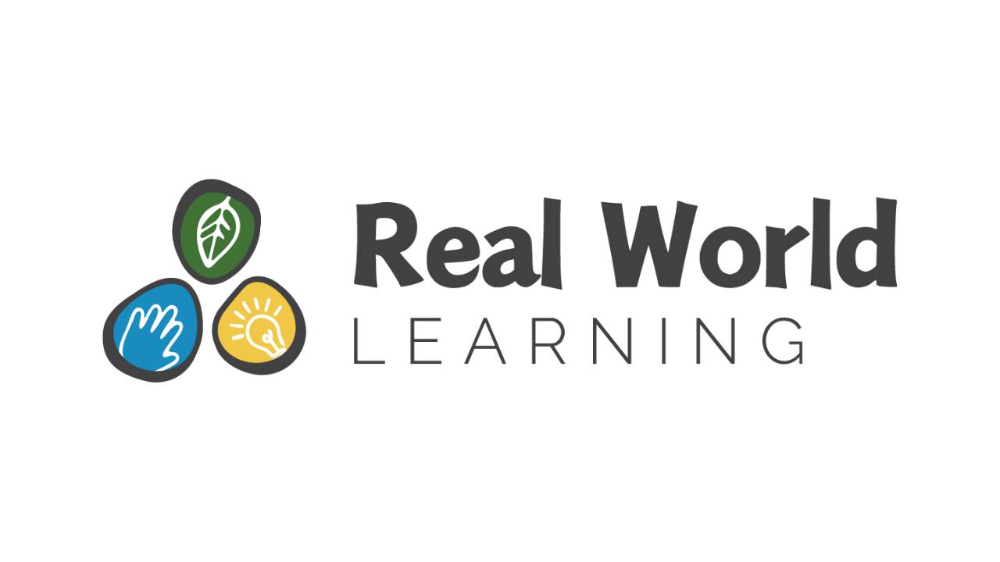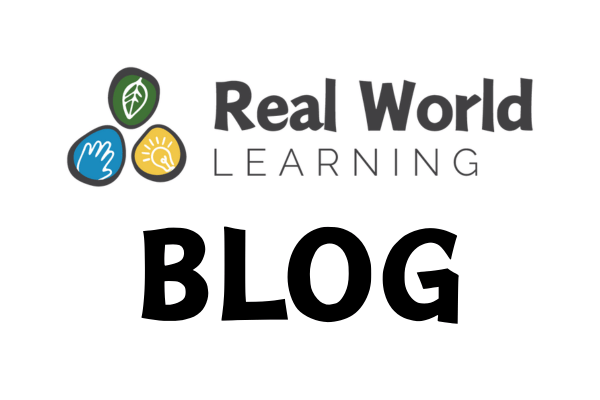Small steps add up...

In my last post I talked about one of the biggest lessons I learned to engage others in my sustainability programs and initiatives - Evolution NOT Revolution! If you missed it, check it out here.
This idea is carried over in this post, starting small and building momentum over time allows for deeper engagement and supports the idea of embedding sustainability, rather than big or momentary token gestures.
Baby steps are easier for you to manage as you find your feet and lead your team and community on your journey towards sustainability. It gives you the opportunity to learn what works, what resonates and what sticks, without big investments of energy, time and money.
Think of it as an 'emerging curriculum'. You try something, adapt, see how you can build on what's working and extend the learning and impact. You can't do everything all at once. There is progression of learning and doing.
Embedding sustainability is not a linear process, it's more like an ever expanding spiral. Building on all that has come before.

Spirals exist everywhere in nature. It is a natural process to grow and build on what you have learnt and experienced, getting ever bigger - there is no end. There is always more that can be done.
You may choose to focus on one area or issue at a time, and once you are satisfied with your results you may choose a new issue or focus. Alternatively, you might choose a more general approach doing a little across a number areas based on the skills and interests of your team, the children, or your access to resources (grants or budget allocation, partnership opportunity, community focus or access to someone with a particular skill, etc.). You can go with the flow of energy, interest and opportunity, and build your response over time.
Once your team are on board, consider how you might engage children, families, your community or others in the early years sector. As your experience and knowledge develops, a new season starts.... and your ability to support others grows.
So if you ever feel overwhelmed or unsure where to start, remember the Chinese proverb "A journey of a thousand miles begins with a single step". And, while the sustainability issues we are now facing do require a level of urgency, every step in the right direction is a contribution to our collective response and does have a significant impact. None of us can solve these issues on our own, but together great things are possible.
The impact you can have by providing opportunities for our youngest citizens to build their values, behaviours and identities around the principles of sustainability is immense. It is by far the most important time of their development and the significance of the short, medium and long term impacts cannot be overstated.
Imagine a future where everyone understands their impact on the planet and people. Where everyone appreciates and protects our natural systems and assets. There would be no need to 'change behaviour' for sustainability.
You, my friend, as an educator of young children, are in the perfect position to make that future a reality, by providing children with opportunities to explore, discover and develop ways of thinking and living sustainably.
I am here to support you in your mission, should you choose to accept it.
Head to the Early Years Sustainability Facebook Group and share your thoughts, questions and experiences.
Until next time
Bron
Next Gen Sustainability is Here!
Sustainability Made Simple.
The Next Gen Sustainability Program Makes Integrating Sustainable Practices Across Your Early Childhood Education and Care Setting Engaging and Effective.
Create a learning environment where children develop a deep connection to nature, an understanding of their role in protecting the planet, and the skills to make responsible choices as global citizens for sustainability.
Embedding sustainability is more than just another box to tick—it’s the key to creating a lasting impact for our children, your team and community.
But where do you start? How do you make sustainability practical, meaningful, and engaging?
The Next Gen Sustainability Program will guide you through a proven process that engages others, builds knowledge, inspires action and creates impact. The Program is customised to meet the specific needs and goals of your Service.



